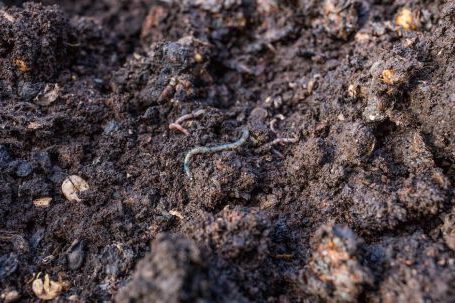Soil health is essential for the growth and development of plants. It is influenced by various factors, one of which is the pH level of the soil. pH is a measure of the acidity or alkalinity of the soil and plays a crucial role in determining the availability of nutrients to plants. In this article, we will explore the role of pH in soil health and its impact on plant growth.
Understanding pH
pH is measured on a scale of 0 to 14. A pH value of 7 is considered neutral, values below 7 are acidic, and values above 7 are alkaline. Most plants thrive in slightly acidic to neutral soil, with a pH range of 6 to 7.5. However, some plants have specific pH preferences and may require more acidic or alkaline conditions for optimal growth.
Effects of pH on Nutrient Availability
pH affects the availability of essential nutrients in the soil. Different nutrients have different solubility at different pH levels. In acidic soils, nutrients such as aluminum, iron, and manganese become more soluble and can be easily absorbed by plants. On the other hand, alkaline soils can cause some nutrients, like phosphorus and micronutrients, to become less available to plants.
pH and Soil Microorganisms
Soil microorganisms play a crucial role in nutrient cycling and organic matter decomposition. pH affects the activity and diversity of these microorganisms. Acidic soils tend to have a higher microbial activity, which can enhance nutrient availability. On the contrary, alkaline soils can limit microbial activity and decrease nutrient cycling.
pH and Plant Health
pH directly affects the health and growth of plants. When the pH is not within the optimal range, plants may exhibit nutrient deficiencies or toxicities. For example, acidic soil can lead to aluminum toxicity, while alkaline soil can cause iron and manganese deficiencies. Imbalances in pH can also affect root development, nutrient uptake, and overall plant vigor.
Managing pH for Soil Health
Maintaining the appropriate pH level is crucial for soil health. Soil pH can be adjusted through various methods:
1. Lime Application: Lime is commonly used to raise pH in acidic soils. It neutralizes the acidity and increases the availability of nutrients to plants.
2. Sulfur Application: Sulfur is used to lower pH in alkaline soils. It reacts with the soil to release acids, reducing the alkalinity.
3. Organic Matter Addition: Incorporating organic matter into the soil can help buffer pH fluctuations. Organic matter acts as a natural pH regulator and improves soil structure.
4. Regular Soil Testing: Regular soil testing is essential to monitor pH levels and make necessary adjustments. It is recommended to test the soil every 2-3 years to ensure optimal pH conditions.
Conclusion
pH is a critical factor in soil health and has a significant impact on plant growth. It influences nutrient availability, microbial activity, and overall plant health. Maintaining the appropriate pH range in the soil is essential for optimal plant growth and productivity. By understanding the role of pH in soil health and implementing proper management practices, gardeners and farmers can create a favorable environment for their plants to thrive.





